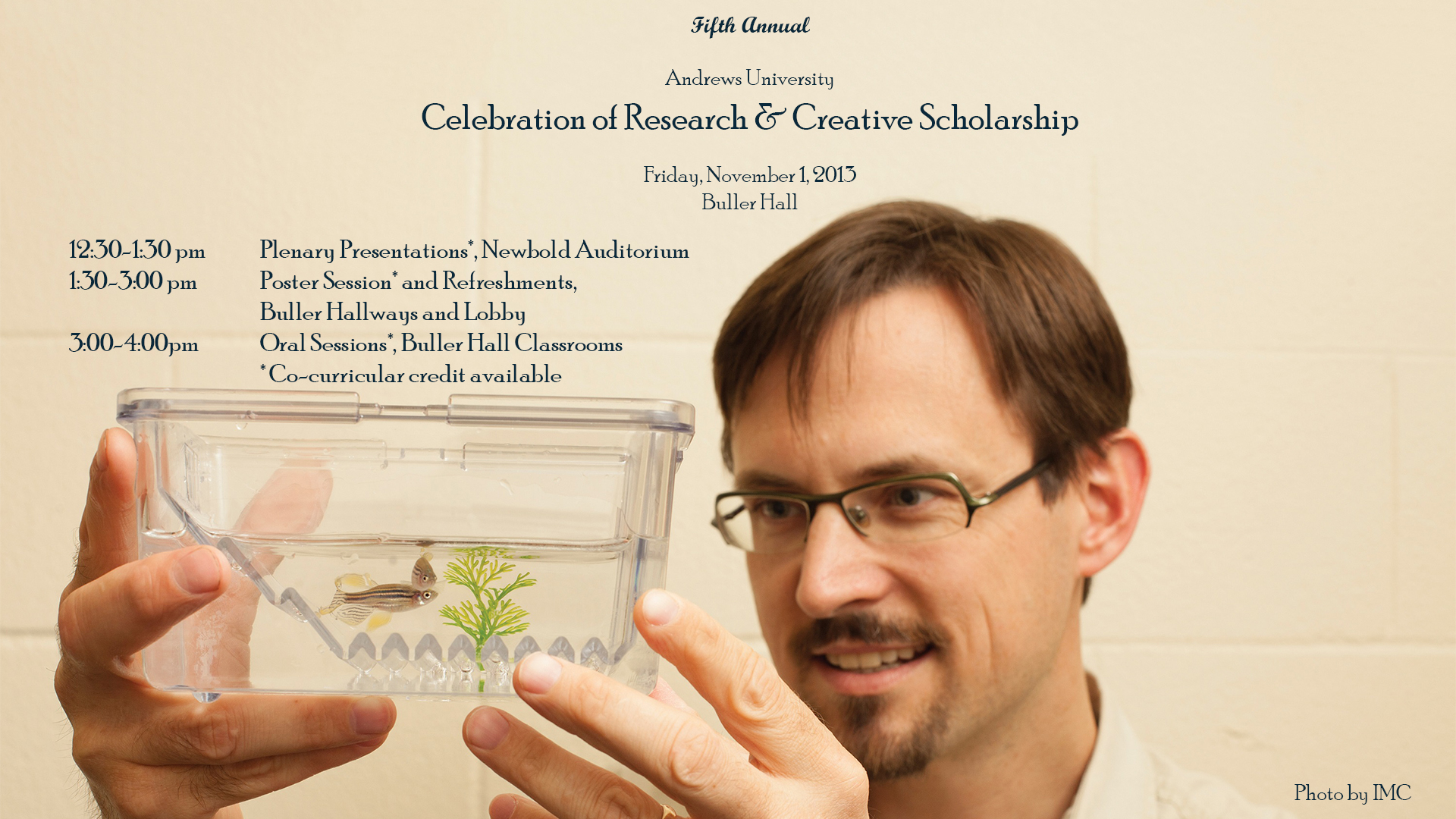F-1 European Integration and Corporate Interests: winners and losers
Presenter Status
Department of History and Political Science
Location
Buller Room 250
Start Date
1-11-2013 3:00 PM
End Date
1-11-2013 3:15 PM
Presentation Abstract
The question of globalization and its effect on national governments is an ongoing debate and is marked as one of the culprits leaving national governments at the mercy of international financial markets (Strange 1996). As Martin has observed, it is hard to resist the impression that trans-border economic activity have changed the environment in which welfare states operate, making it impossible for them to perform the distributive functions they performed in the early postwar era (Martin; Huber and Stephens 2001). However, the problem may not be an inability for national governments to act control national budgets and financial markets but a lack of political will. Where there may be little political will, economic interests have proved to be an important impetus for European integration. If this is the case, what are the implications for further political integration and for the democratic participation of EU citizens?
F-1 European Integration and Corporate Interests: winners and losers
Buller Room 250
The question of globalization and its effect on national governments is an ongoing debate and is marked as one of the culprits leaving national governments at the mercy of international financial markets (Strange 1996). As Martin has observed, it is hard to resist the impression that trans-border economic activity have changed the environment in which welfare states operate, making it impossible for them to perform the distributive functions they performed in the early postwar era (Martin; Huber and Stephens 2001). However, the problem may not be an inability for national governments to act control national budgets and financial markets but a lack of political will. Where there may be little political will, economic interests have proved to be an important impetus for European integration. If this is the case, what are the implications for further political integration and for the democratic participation of EU citizens?



